The Executive Operational Excellence (ExOpEx) program empowers senior leaders to build a sustainable competitive edge through world-class operations while advancing their careers.
Embark on a transformative journey with Executive Operational Excellence, where strategic prowess meets operational excellence. Designed exclusively for senior executives, this program is your gateway to cultivating a resilient competitive advantage, elevating your leadership acumen, and fueling both professional and organizational triumphs. Join a league of visionaries committed to shaping the future of success through unparalleled operational mastery. It’s not just a program; it’s your key to ascending to new heights of senior leadership.
Cases, when to use it:
- Ineffective OpEx approach
- Operational underperformance
- Dissatisfied customers, investors, employees
Clients, for whom it is:
- Business leaders (CEO, COO, CFO, CRO)
- Transformation and turnaround champions
- Managers of large lines, regions, functions
Process, how it works:
- 12 learning modules and implementation sprints
- 6-month program to execute 2 modules per month
- Coaching support throughout the program
Benefits, what to gain:
- Competitive edge, operational efficiency
- Engaged employees, satisfied customers
- Enhanced skills and knowledge, personal growth
Introduction and Overview
Program, Purpose, Principles
Journey to Excellence
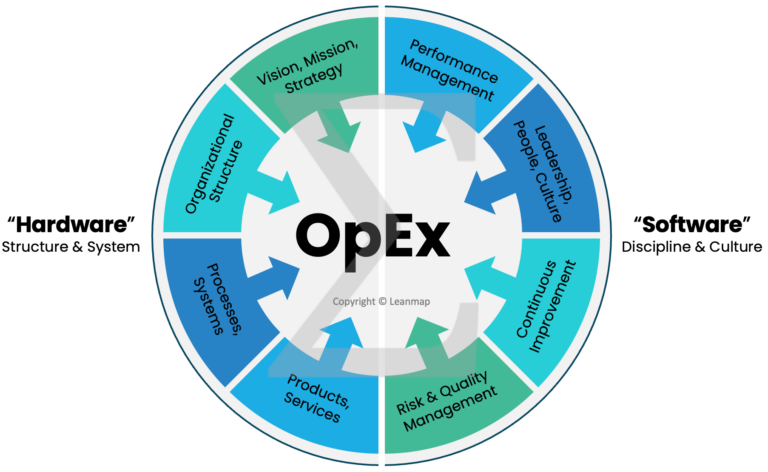
Teamwork and Culture
Committed Leadership and Performance Management
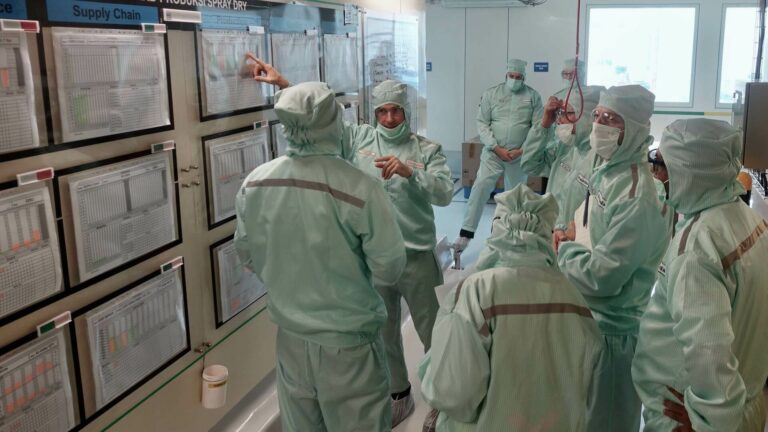
Continuous Improvement and Process Excellence
Risk Mitigation and Quality Management
Organizational Structure and Alignment
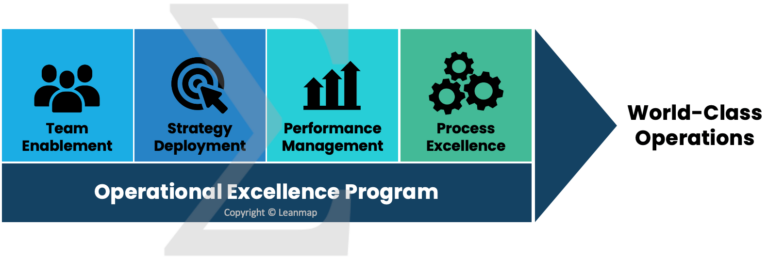
The Four Pillars of Operational Excellence
Embracing Excellence Fully
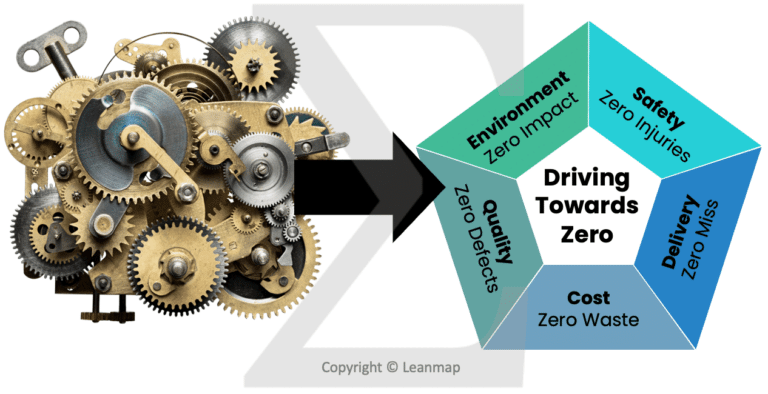
Overcoming Barriers

Operational Excellence Pioneers
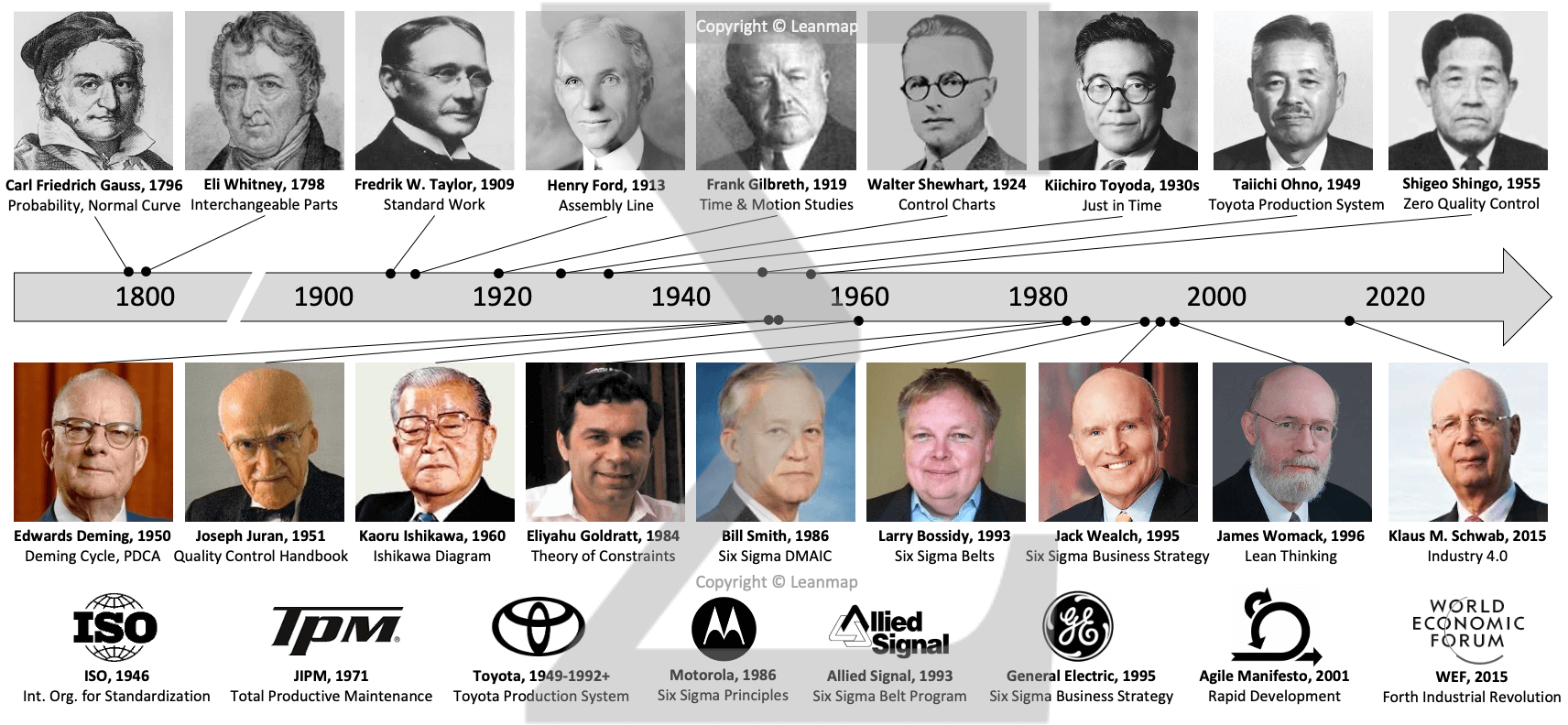
History of Operational Excellence
In the 1980s, the Total Quality Management (TQM) movement gained popularity in the United States. TQM focused on improving quality by involving all employees in the process, and it also emphasized the importance of customer satisfaction.

Operational Excellence in the 21st Century

Current Position
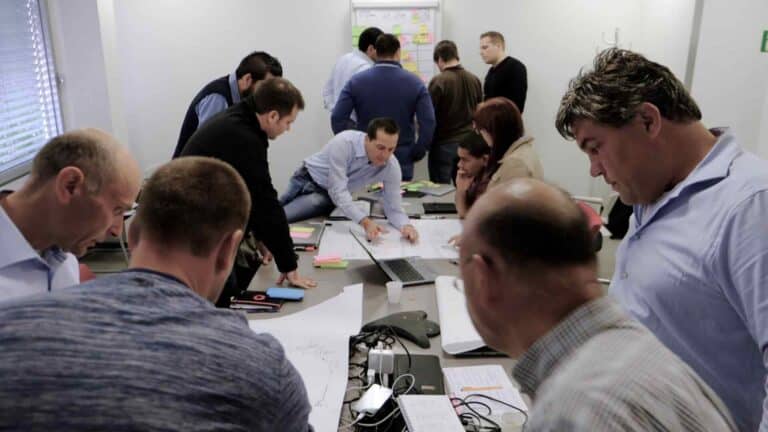
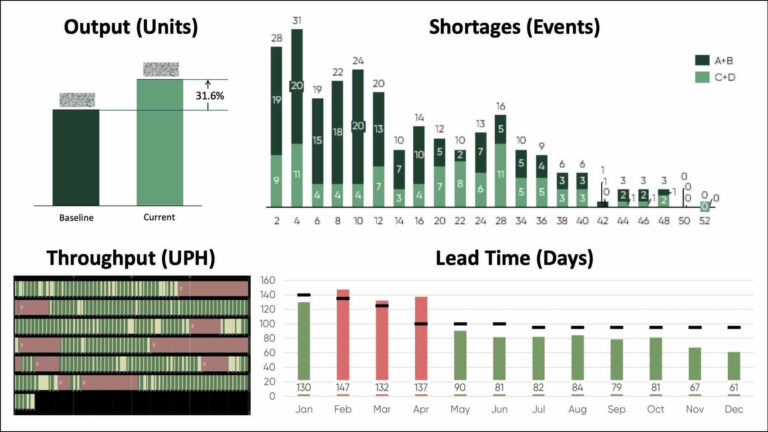

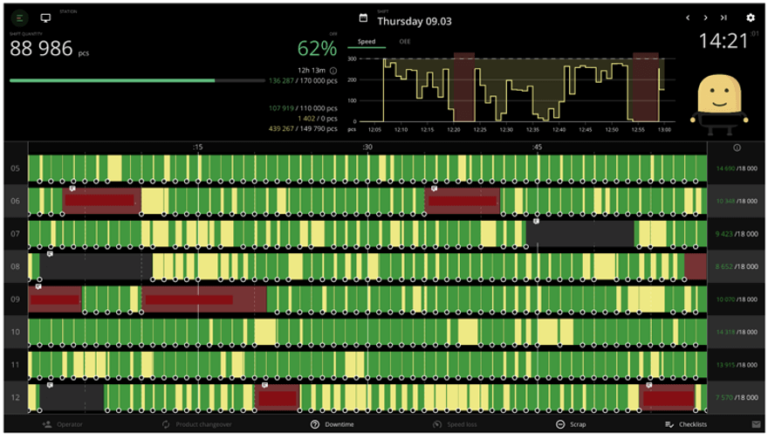
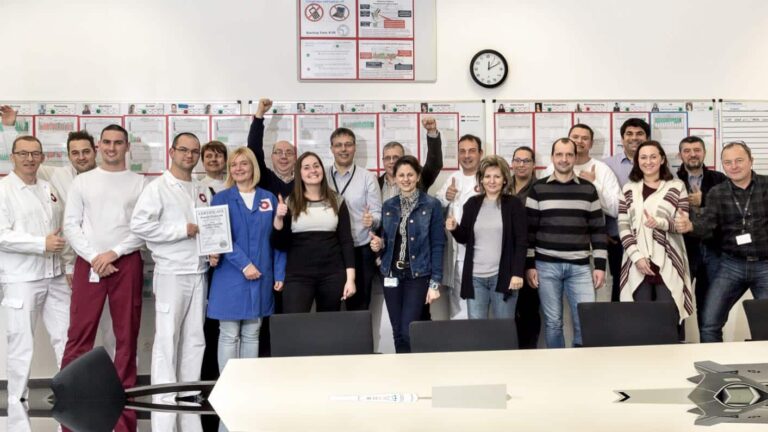
Key Questions
To successfully initiate the OpEx journey, it is helpful to assess the current situation by answering the following 10 key questions:
- Condition: Is everything in order, and is everyone satisfied with the current state of affairs?
- Problem: What specific problem needs to be solved, what goal must be achieved, and what gap requires closing?
- Effects: What benefits will be realized if the problem is solved, and what consequences might arise if it is ignored?
- Leadership: Has a clear vision been established, indicating where the team should be heading and why?
- Alignment: Is there a shared unity within the team concerning the direction, purpose, and approach?
- Resourcing: Are sufficient time, staff, and budget allocated to ensure a successful outcome?
- Plan: Is there a well-defined roadmap in place, complete with milestones and clear responsibilities?
- Skills: Are team members adequately trained and capable of effectively executing the program?
- Incentives: Is there a compelling reason for everyone to actively engage and embrace change?
- Communication: Are all team members well-informed, enabling them to actively participate and contribute?
The Operational Excellence program will systematically address all 10 points to bring your team and operation to the next level.
Future Outlook

As a business management philosophy and strategy, Operational Excellence (OpEx) aims to continuously improve processes and systems to achieve greater agility, efficiency, productivity, quality, and customer satisfaction. It has been a cornerstone of modern business practices for decades, and its importance is only increasing in today’s hyper-competitive and constantly evolving marketplace. In this article, we will examine the outlook of Operational Excellence and explore its potential impact on businesses and industries.

Digitalization

Sustainability
Another trend that is shaping the future of operational excellence. As consumers become increasingly concerned about environmental and social issues, businesses are under pressure to operate in a more sustainable and responsible manner. OpEx can help companies achieve this by identifying and eliminating waste, reducing energy consumption, and improving the efficiency of their operations. In the future, we can expect to see a greater emphasis on environmental, social, and governance (ESG) aspects as core components of OpEx.

Adaptation
LoreThe rise of agile and flexible work practices is another trend that is likely to impact the future of operational excellence. As remote work becomes more common and businesses seek to become more adaptable to changing market conditions, OpEx will need to evolve to accommodate these new ways of working, supporting capacity-resource planning (CRP) and skill-building and load leveling of the workforce. This may involve adopting more Agile and Lean methodologies, and investing in digital tools that facilitate collaboration and remote work.

Technology

Conclusion
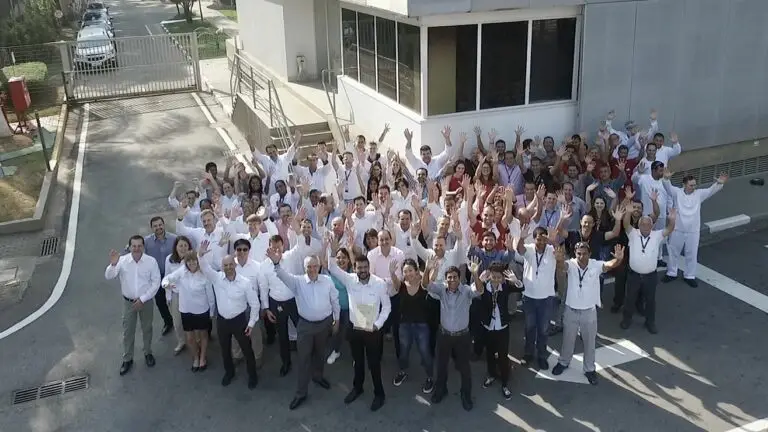
Program Curriculum: 12 Steps on the Path to Operational Excellence
The corporate training program consists of 12 modules, implementing the Operational Excellence business process during a six-month period, at a pace of two modules per month. Regular workshops, progress reviews, and coaching sessions ensure knowledge is transferred, the team is engaged, skills are applied, improvements implemented, and measurable progress is achieved.
- Program Charter: Establish a solid foundation by crafting a clear program charter. Learn to drive your organization towards operational excellence by creating a compelling vision, developing a persuasive business case, and fostering collaboration within a dynamic core team.
- Strategic Alignment: Understand and align the needs of stakeholders with the project’s mission. Identify the voice of the customer, voice of the business, and voice of the employees to ensure shared goals and effective collaboration.
- Problem Statement: Define the problem to solve by creating a concise and clear problem statement. Learn to identify the success metric, baseline, and performance gap, ensuring everyone remains focused on the same goal.
- Causal Analysis: Dive into the roots of problems with causal analysis. Understand the relationships between variables, identify direct and contributing causes, and develop strategies for improvement.
- Solution Development: Prioritize countermeasures and develop practical solutions considering operational constraints. Assess the probability of success, risks, stability, and feasibility, creating a comprehensive plan for implementation.
- Pilot Study: Test potential solutions on a smaller scale in a controlled environment before full-scale implementation. Learn to validate concepts, identify potential issues, and optimize solutions through iterative testing.
- Solution Roadmap: Develop a detailed plan outlining goals, milestones, and the most effective path to achieve desired outcomes. Ensure alignment and clarity in tasks, responsibilities, and timelines.
- Capability Building: Identify skill gaps, develop training plans, and motivate teams to acquire new skills essential for implementing change. Foster a mindset shift and equip team members with the skills needed for the new structure.
- Solution Implementation: Execute the solution effectively by establishing transparency, clear communication, and monitoring progress. Overcome obstacles, celebrate successes, and establish feedback loops for continuous improvement.
- Solution Standard: Standardize the new way of working to ensure consistency, efficiency, and sustainability. Develop clear procedures, embed them in the organization, and create a foundation for continuous improvement.
- Impact Assessment: Evaluate the impact of the project on operational and financial levels. Analyze key indicators, assess financial benefits, and ensure that the project delivers the intended outcomes.
- Learning Leverage: Practice Yokoten by sharing best practices, knowledge, and ideas across different areas of the organization. Learn to leverage lessons learned for continuous improvement and greater success.
This program is not just about training; it’s a roadmap to operational excellence. Equip your team with the tools and strategies they need to drive successful outcomes, enhance efficiency, and foster a culture of continuous improvement. Are you ready to elevate your organization to new heights?

